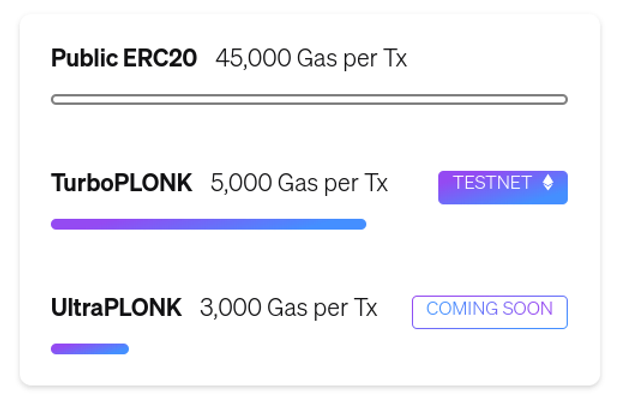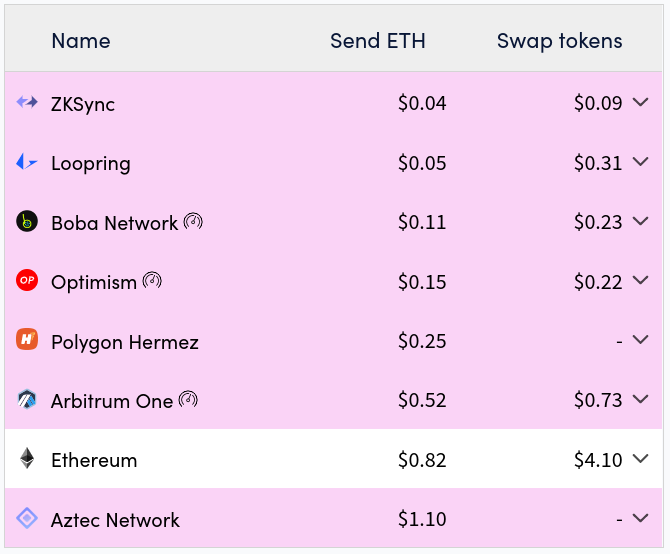The new development improves privacy and lowers fees and transaction costs on the Ethereum Blockchain. Aztec has unveiled the first transactions with its new rollup.

In Short
Aztec focuses not only on enabling lower commissions but also on more privacy.
It had been announced in March and was in the testing phase, but now it started trading on Ethereum.
Ethereum users have a new option for cheaper and faster transactions. It is the Aztec rollup, which also adds privacy benefits when trading. Like Ethereum's other second-layer Ethereum rollup scalability solutions, Aztec's primary purpose is to lower the fees paid for each transaction at the network's main (L1) layer. The fee reduction is achieved by grouping or "rolling up" several of them into a second layer, then moving them all together and paying the fee for a single transaction.
However, as described on the Aztec official site, the new feature also allows for greater privacy by encrypting information about the participants of a transaction so that their transaction history is not visible. Thomas Walton-Pocock, CEO of Aztec, announced the development of this rollup in late March. Even Vitalik Buterin, the co-founder of Ethereum, highlighted the novelty through a Twitter post.
However, although it already existed, it was not until last Wednesday, June 15, that the rollup brought its first transactions to Ethereum's main layer (L1), as reported by Aztec through its account on the social network.
Features of the Aztec rollup for Ethereum
In a post on Medium, Aztec's CEO had explained that it is a zero-knowledge or "zero-knowledge" rollup, which uses proofs of validity to prove the existence of a valid chain. Its differences from optimistic rollups have been explained in a Vantica Trading article. They are based precisely on the method each adopts to prove the validity of the transactions it covers.
Aztec allows up to 100 transactions per second (TPS) at the core layer. Its operation and the functionality it attempts to offer in terms of privacy make the rollup somewhat less efficient than others focused solely on cost and speed. In theory, the latter rollups provide up to 2,000 TPS or even more.

As Walton-Pocock describes in his article, several technical factors make privacy-focused rollups like Aztec more challenging to execute, driving up the time and cost demanded by each transaction.
To offer more affordable rates and greater privacy, Aztec uses a protocol called ZK-SNARK (Zero-Knowledge Succinct Non-Interactive Argument of Knowledge). It consists of cryptographic proof allowing a transaction participant to prove that they have specific information without disclosing it.
How much does it cost to trade with Aztec and other rollups?
Data from the l2fees.info site shows Aztec is the rollup with the highest commission for trading Ethereum. Currently, the fees are even above those of L1, but this situation is not frequent. In April, with the rollup still in the testing phase, this newspaper reported that its fees were $0.67 lower than Ethereum's L1.

And what precisely are rollups? They are second-layer scalability solutions that "wrap" many transactions and bring them all together to the L1. In this way, the user can take advantage of the network's security by paying a lower fee than the main layer when entering the rollup.